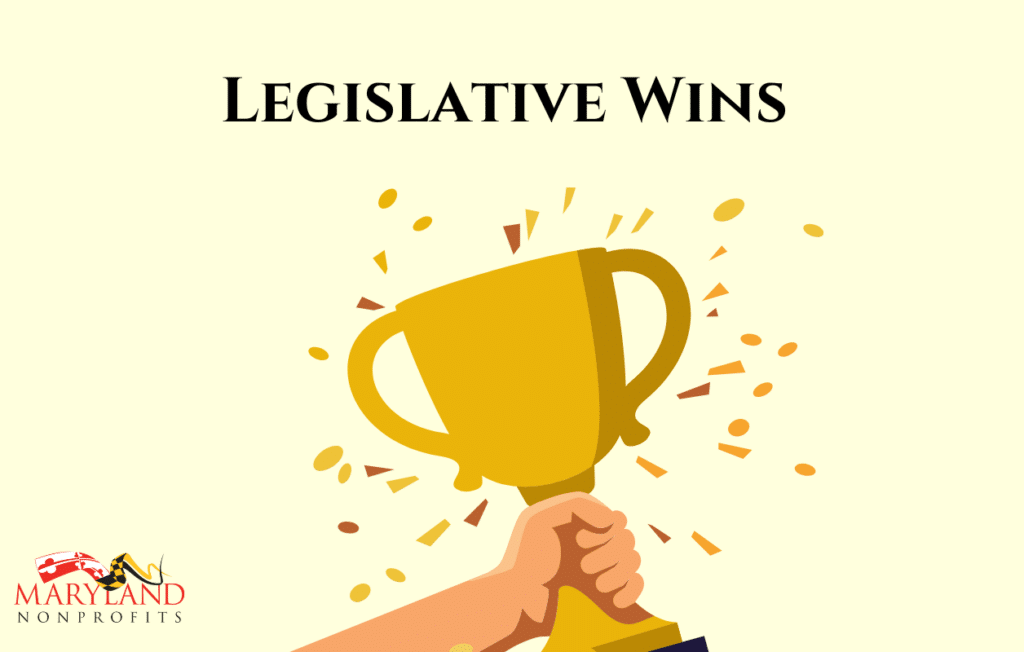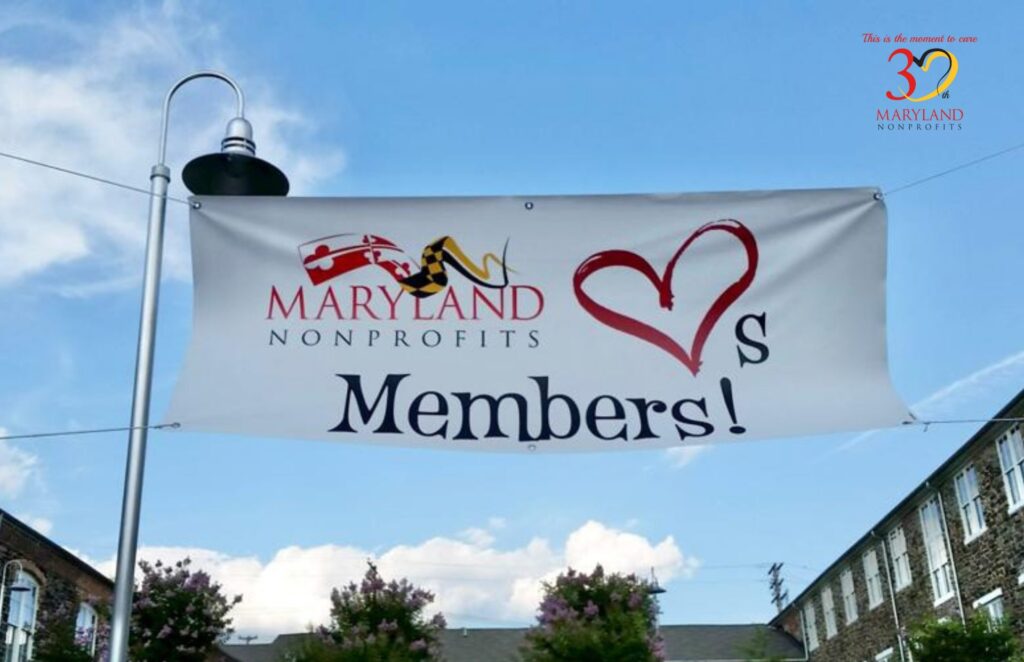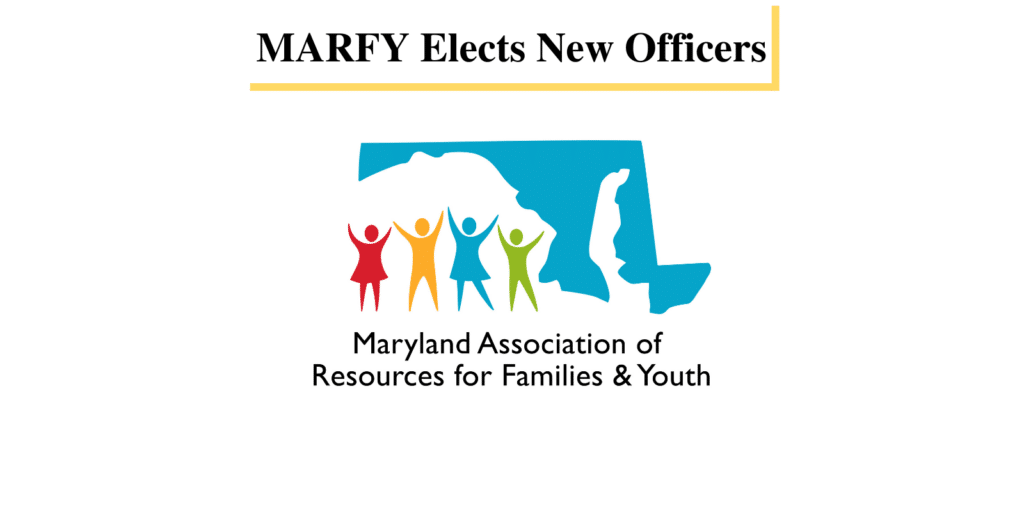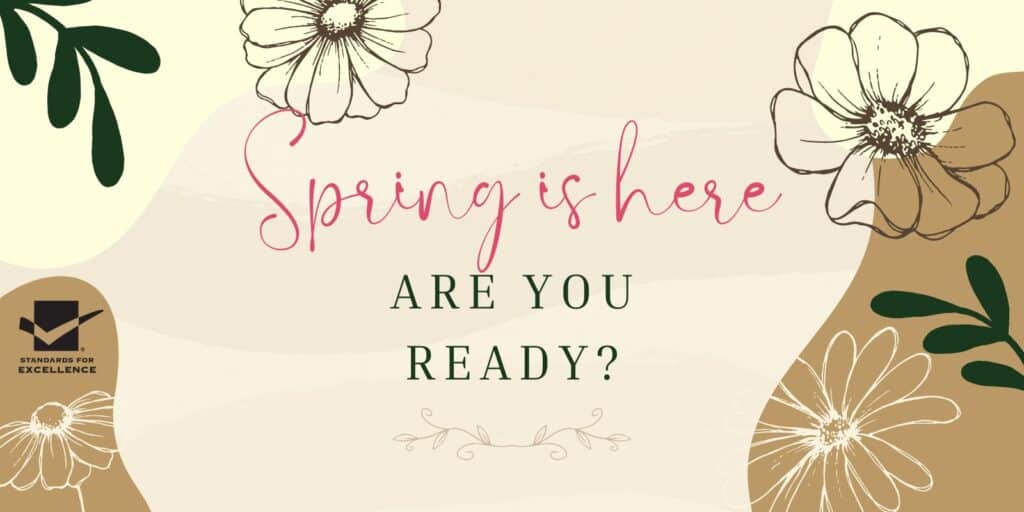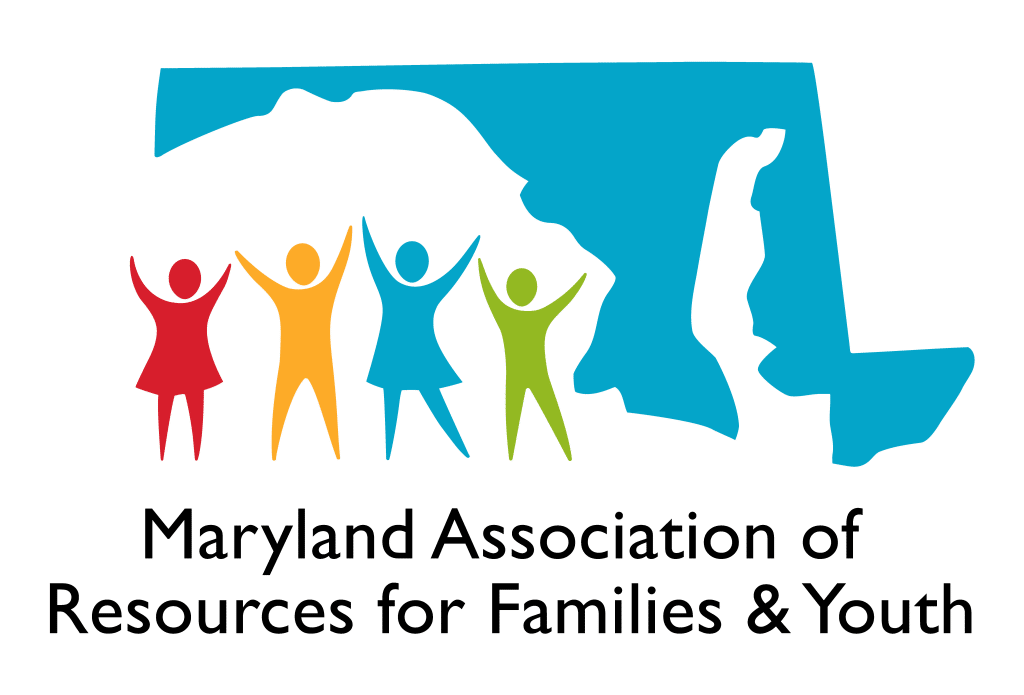Maryland Nonprofits celebrates important wins in the 2023 Legislative Session. To access a full
list of bills we supported, visit https://www.congressweb.com/MDNP/bills
Chronic delays in government payments are a serious problem for nonprofits across the
country as well as in Maryland. Many nonprofits providing crucial health and human services to
their communities operate with less than 90 days in cash reserves, and some with little or none.
“Reimbursable” grant agreements require them to fund all the costs of services for 30 to 90
days before they can even invoice for payment.
Delayed payments create hardships for organizations’ ability to operate effectively, and
extended delays jeopardize the health and well–being of those they serve on behalf of state
agencies, as well as threaten the providers’ financial stability and solvency, often forcing them
to exhaust reserves and resort to lines of credit. These burdens are even more acute for newer
and smaller organizations, particularly those led by persons of color or other marginalized
communities, discouraging or preventing their participation in government programs.
With Governor Moore’s signature of Senate Bill 112 and House Bill 328, invoices under
reimbursable grant agreements entered, renewed or extended from June 1 of this year will
require timely payment to nonprofits serving people and communities across Maryland on
behalf of state agencies. The legislation mandates state agencies to forward ‘proper’ invoices
to the State Comptroller within 30 days of receipt, and also allows nonprofits to claim interest
on payments not made within 37 days of their receipt.
Senate Bill 53, also enacted and now signed by the Governor, mandates increased funding in
future fiscal years for the Nonprofit Interest–Free Microbridge Loan (“NIMBL”) Program. NIMBL
allows the MD Dept. of Commerce to quickly provide up to $25,000 in loan assistance to
nonprofits that need start–up funds, or cash to meet payment delays, with grants or contracts
from any level of government. In FY 2023 for the first time NIMBL’s funding failed to keep up
with demand, and in addition to Senate Bill 53, we were to secure a commitment for an
additional $500,000 in funding for the current budget year. To learn more and apply for a
NIMBL loan, visit the Department of Commerce website.
Passage of both ‘prompt payment’ legislation and full funding of NIMBL have been multi–year
priorities for Maryland Nonprofits. In both cases it has required support and assistance from
our members and nonprofit partners, our bill’s sponsors with help from other key legislators,
and this year from the Moore Administration and the State Comptroller.
Thank you to the Prompt Payment and NIMBL bill sponsors:
- Senator Cheryl Kagan
- Delegate Anne Kaiser
- Delegate Dana Stein
- Delegate Catherine Forbes
One other important success in 2023 for nonprofits partnering with the state was the
commitment to keep providers’ reimbursement rates commensurate with the costs of
important improvements in employee wages and benefit programs. This has been a major
ongoing priority for nonprofits and our association through the years. When Governor Moore
proposed accelerating the implementation of Maryland’s $15 an hour wage requirement,
advocates urged and he fully advanced in his budget, the reimbursement rate increases that
had been tied to those future raises in the minimum wage.
Henry Bogdan is a graduate of the University of Baltimore Law School. He joined Maryland Nonprofits as Director of Public Policy in 1997, after a 20-year career in policy analysis, advocacy, and government relations for the City of Baltimore. [/author]
